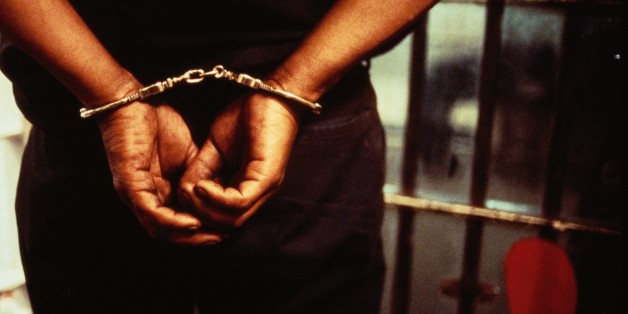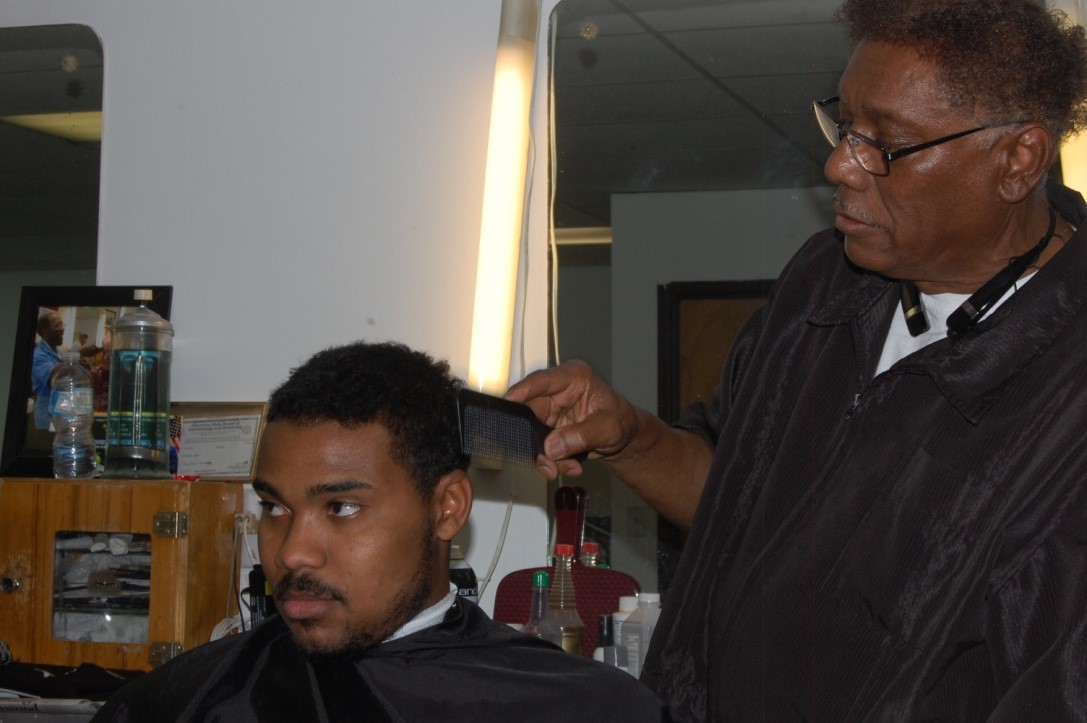
America now has the dubious distinction of leading the world in prison population: it accounts for 25 percent of all prisoners but only 5 percent of the global population. According to a new report from The Hamilton Project, which is part of the Washington, D.C., think tank “The Brookings Institution,” the U.S. spends $80 billion a year on incarceration. Since 1980, the U.S. prison population has grown exponentially, expanding from approximately 500,000 to 2.3 million people in just three decades. Additionally, 7.3 million individuals are on supervised probation or parole.
Oklahoma’s penchant for punishment has come at a cost. Governor Mary Fallin said, “We are in a crisis…our current prison population greatly exceeds capacity, and without change, our prison population will increase by 25 percent, and will require three more prisons to be built or contracted,” at an estimated capital and operating cost of $1.9 billion. From the mid-1980s to the mid-2000s, spending on corrections was the second-fastest growing state budget category, behind only Medicaid. According to a 2016 analysis of federal data by the U.S. Education Department, state and local spending on incarceration has grown three times as much as spending on public education. Nationally, in 2015, one in 15 state general fund dollars went to corrections. In Oklahoma, this tradeoff between education and incarceration is particularly acute.
In August, Fallin charged a 21-member smart-on-crime Oklahoma Justice Reform Task Force (OJRT) to perform a comprehensive review of Oklahoma’s criminal justice system and develop data-driven recommendations that will increase public safety by reducing recidivism, holding offenders accountable and controlling the state’s corrections costs.
Last Thursday, OJRT released its final findings and 27 recommendations for Oklahoma’s criminal justice system and members said, if adopted, the recommendations could reduce the state’s prison population by more than 9,000 beds in the next 10 years and reduce the prison population by 7 percent, averting an estimated $1.9 billion in capital and operating costs through 2026.
The report said 75 percent of people admitted to prison were sentenced for nonviolent crimes; over half of individuals sentenced to prison for nonviolent offenses have one or no prior felony convictions, and 80 percent have no history of violent crimes.
Since 2010, while 31 states have reduced both their imprisonment and crime rates, the report found that “Oklahoma has the second-highest imprisonment rate in the country, with the highest rate for women. The vast majority of women going to prison in Oklahoma are serving sentences for drug-related crimes. 83 percent of female prison admissions were for nonviolent crimes, with 42 percent for drug crimes alone. The standing prison population also consists of many women serving time for nonviolent offenses (64 percent).”
Among the recommendations were stronger and more effective supervision and treatment; sentencing modifications for state law-defined nonviolent crimes, strengthening release practices and providing enhanced training for criminal justice practitioners and adequate funding to support community treatment and alternatives to incarceration.
The report said, “Over incarceration robs the state budget, destroys families and perpetuates the cycle of poverty. Oklahomans aren’t naturally any more criminal than residents of other states, so the system isn’t making us any safer. It’s just making us poorer.”
Noted lawyer and academic, Michelle Alexander, author of “The New Jim Crow,” asks the question “have we, as a nation, changed our minds about the dignity and value of those people whose lives have been destroyed by the “drug war” or have we simply changed our views about marijuana.” If legalization is motived about our changing views of the drug “as being less harmful than cigarettes or alcohol” and not about the “[prisoners well-being], then we have done the right thing for the wrong reasons.”
Alexander says the people released from prison “may find it difficult, or even impossible to get housing, or even to get food. What are folks expected to do? You’re released from prison, can’t get a job, barred even from public housing, and may not qualify for food stamps in some states. What are you expected to do? Well, apparently, you’re expected to pay hundreds of thousands of dollars in fees, fines, court costs, accumulated back child support. In a growing number of states, you’re actually expected to pay back the cost of your imprisonment. And all of this could be a condition of your probation or parole.”
While the report includes recognition of some of the dire circumstance confronting prisoners, as described by Alexander, when they are released, it is silent on just how to address those issues.
We urge that more resources be devoted to reintegrate into our society those released prisoners so they may become productive citizens.
If we can spend billions to lock people up, surely we can redirect those savings to lift people up. Only then can we say we have done the right thing for the right reason.
The Oklahoma Justice Task Force left us all to complete some unfinished business.










